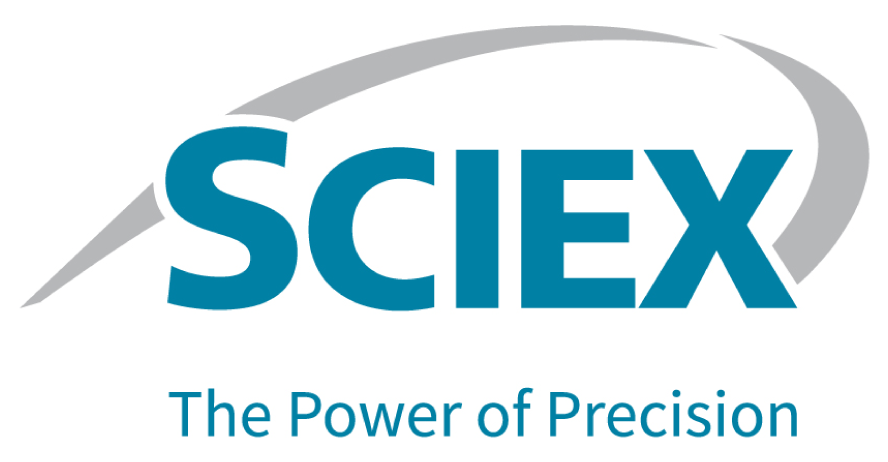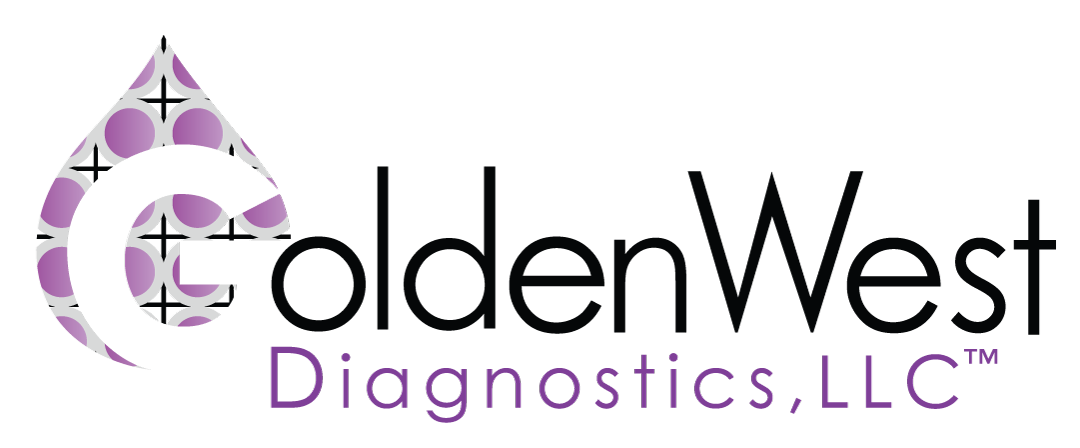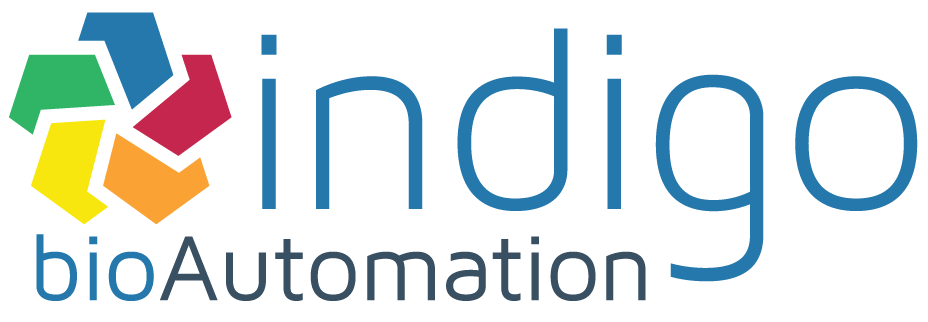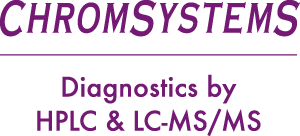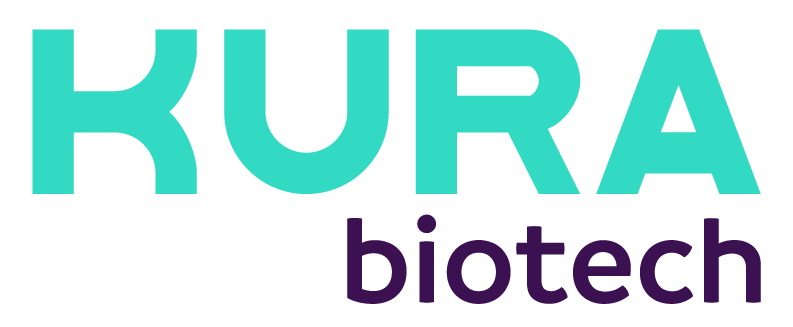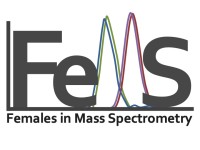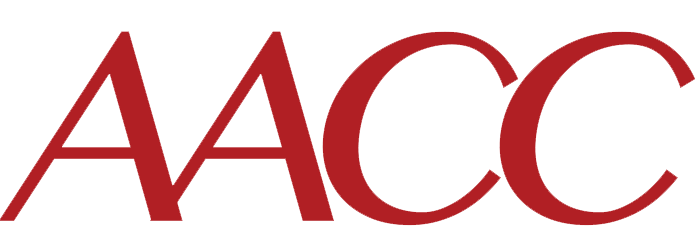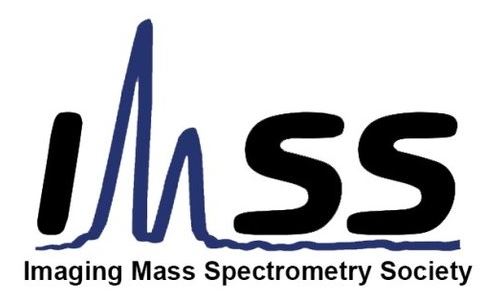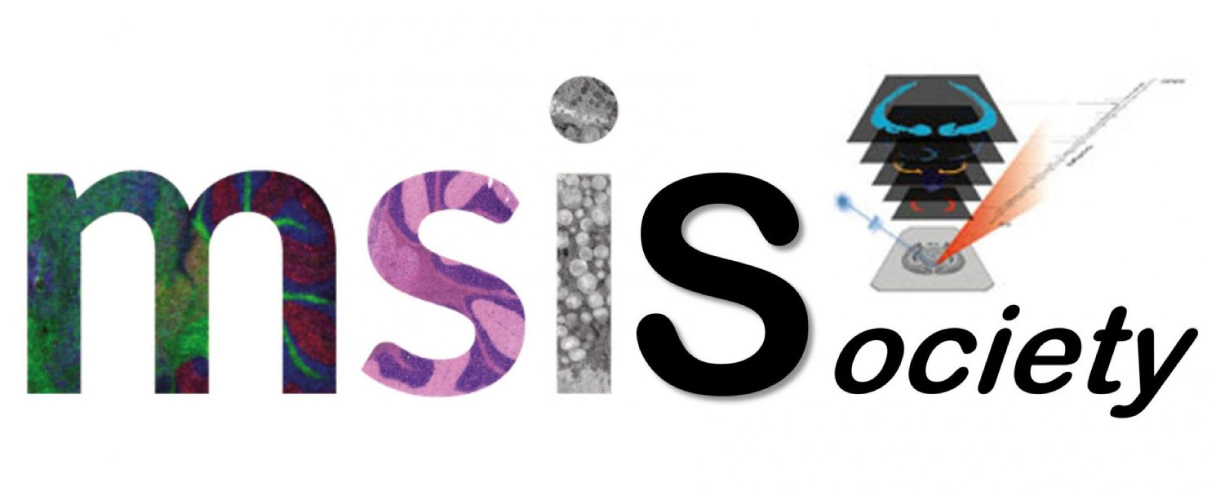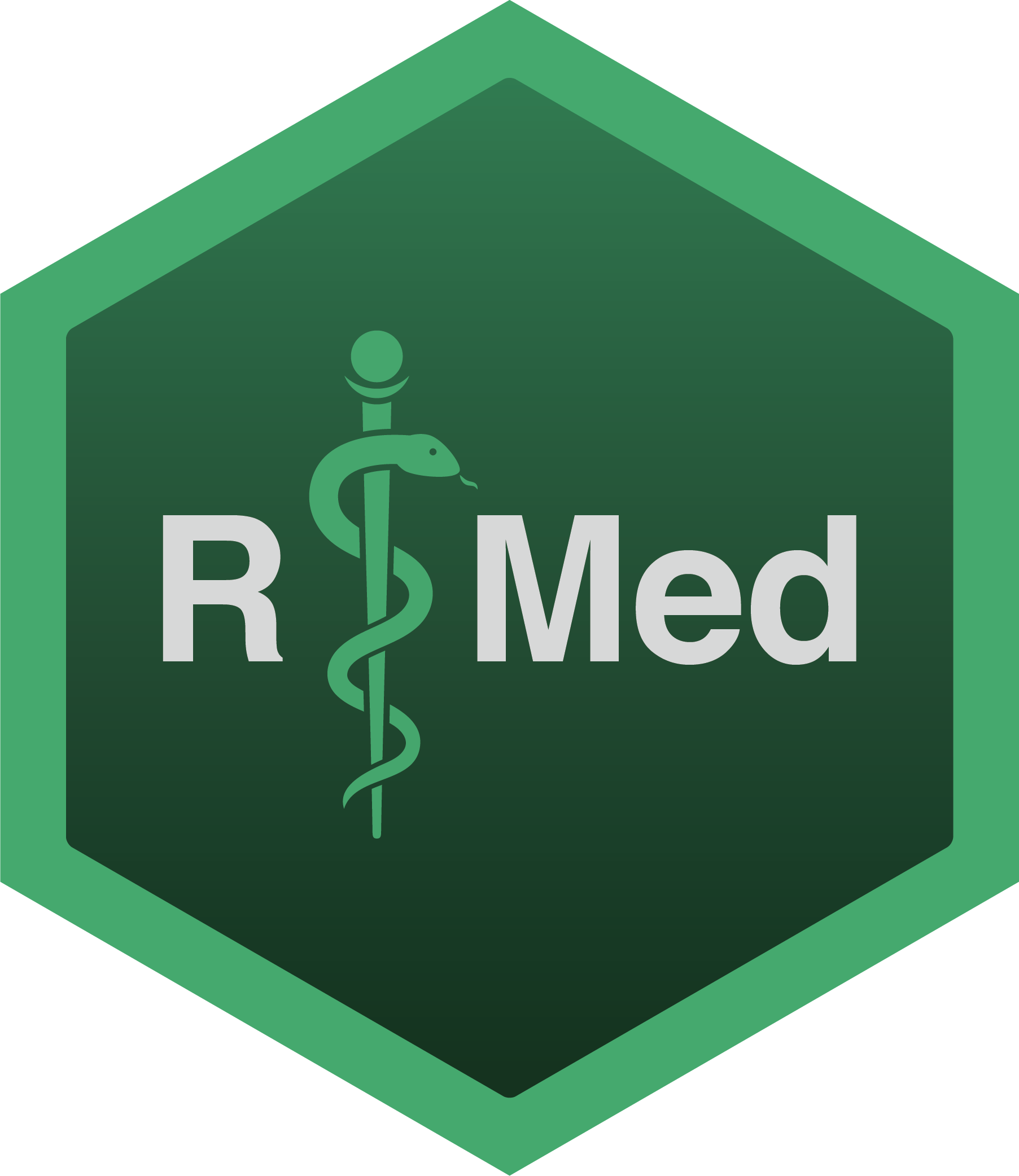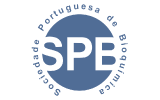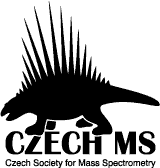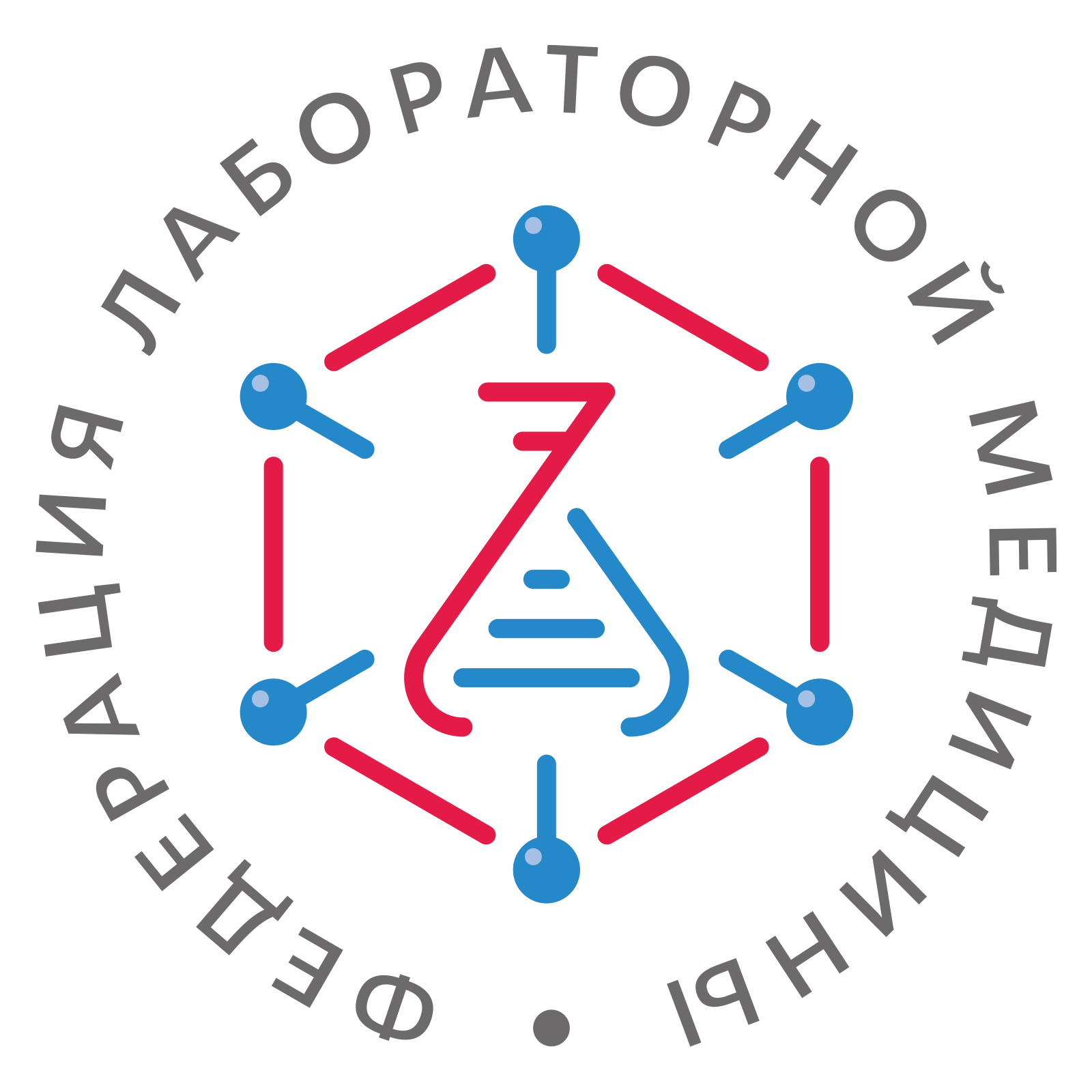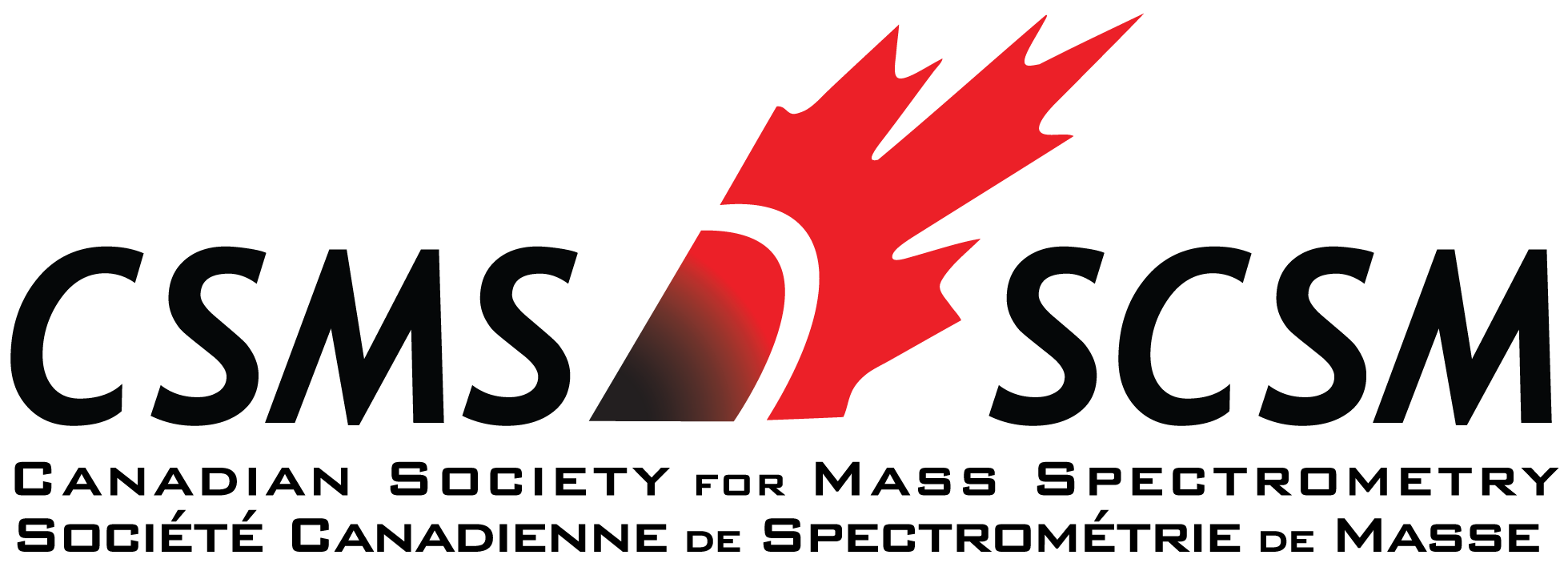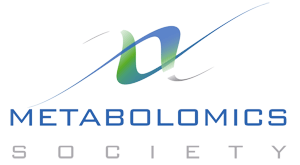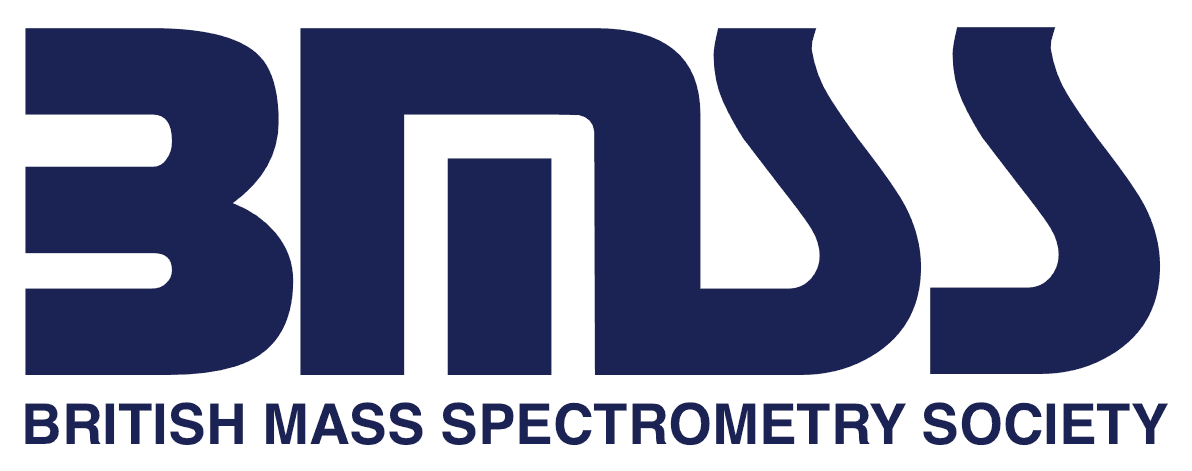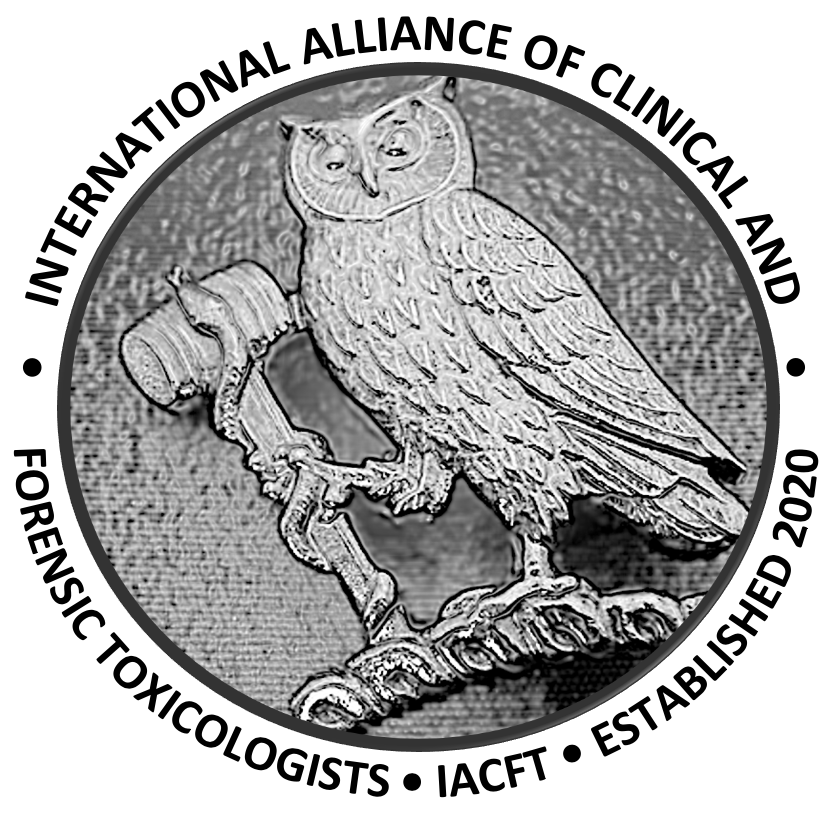MSACL 2023Monterey, CA : April 2-7 |
Details
Educational Grantee Partners:
|
Description
MSACL 2023
13th Annual Conference & Exhibits
Monterey, CA
April 2 - 7, 2023
COVID Statement:
- MSACL does not yet have a fixed protocol in place for MSACL 2023.
- Masks and vaccinations are recommended, as appropriate, but are not required unless mandated by local, state and/or federal authorities.
- Should you feel any covid symptoms during your stay, you are welcome to pop by the registration desk for a temperature reading, a 15-minute home test, and a bit of chocolate.
- If at any time during your stay you require medical assistance, please contact your hotel staff. For medical emergency requiring immediate attention, dial 911.
Mission
MSACL's mission is to support the community in overcoming the challenges of implementing high value tests in the clinical lab.
Meeting Focus
MSACL is focused on providing a forum of interaction for participants in all stages of the development, advancement and use of analytical tools, including data analytics, in the clinic to improve patient care. Although the group primarily focuses on mass spectrometry, presentations and discussion on other platforms are welcome.
Location Overview
The Monterey Conference Center (MCC) is flanked by two hotels, the Marriott, and the Portola. Each has meeting space and their own restaurant. Local sourcing is a priority. Portola also has a brewpub (Peter B’s).
We will be using the Monterey Conference Center’s Serra Ballroom as the MSACL Exhibit Hall (19,150 square feet). There will be space for at least 40 booths interspersed with up to 176 posters.
We typically have 800-900 attendees in a NORMAL year. This is 2nd post-pandemic event. We had 466 attendees for MSACL 2022. We are expecting about 520-600 for MSACL 2023 based on the increasing numbers seen at other similar conferences such as ASMS and AACC.
Educational Grants
MSACL invests heavily in education via the MSACL Educational Grants, which support conference attendance:
- Young Investigator Grants: Young investigators, in the first four years of their academic position, who submit an abstract which is accepted for presentation (poster/podium) at the annual conference. Applicants must submit a short application.
- Lab Director Grants: Lab Directors interested in learning more about what mass spectrometry is and how it could potentially improve results and reduce costs in their clinical laboratory are not required to submit an abstract, but must submit a short application.
- Trainee Grants: Lab Directors-to-be interested in learning more about what mass spectrometry is and how it could potentially improve results and reduce costs in their clinical laboratory are not required to submit an abstract, but must submit a short application.
Scientific Program
In the past we have had specific tracks for each -omic topic area. For 2023, we are planning to focus on plenary sessions with panel discussions that bring the community together, in addition to parallel sessions on focused topics.
A list of the topics being solicited for the current conference is below.
Abstract Submission Categories for MSACL 2023
- Assays Leveraging MS
- Breath Analysis and VOC
- Cases in Clinical MS
- Cases of Unmet Clinical Needs
- Data Analytics
- Emerging Technologies
- Environmental Sustainability
- Glycomics
- Identifying High Value Tests
- Imaging
- Lipidomics
- Metabolomics
- Microbiology
- Multi-omics
- Practical Training
- Pre-Analytics
- Precision Medicine
- Proteomics
- Tox / TDM / Endocrine
- Troubleshooting
- Various OTHER
Target Audience
The target audience for this program includes pathologists, clinical laboratory directors and scientists, mass spectrometry and automated sample processing providers as well as laboratory diagnostic providers. This program will be beneficial to healthcare administrators, laboratory quality control and standards scientists, as well as those responsible for implementation of clinical analyses for emergency response due to terrorism or accident.
Needs Assessment
With the advancement of technologies for clinical analysis, there exists a gap between those who understand the technology and those who do not. Without continual education, this gap will grow and these advancements are unlikely to be effectively incorporated into the clinical analysis workflow, resulting in lost opportunities to improve patient outcomes and reduce healthcare costs.
MSACL provides an environment through which participants will be able to identify opportunities to develop the capacity to provide higher quality results, more rapidly and for lower overall cost, for patients within the healthcare system.



